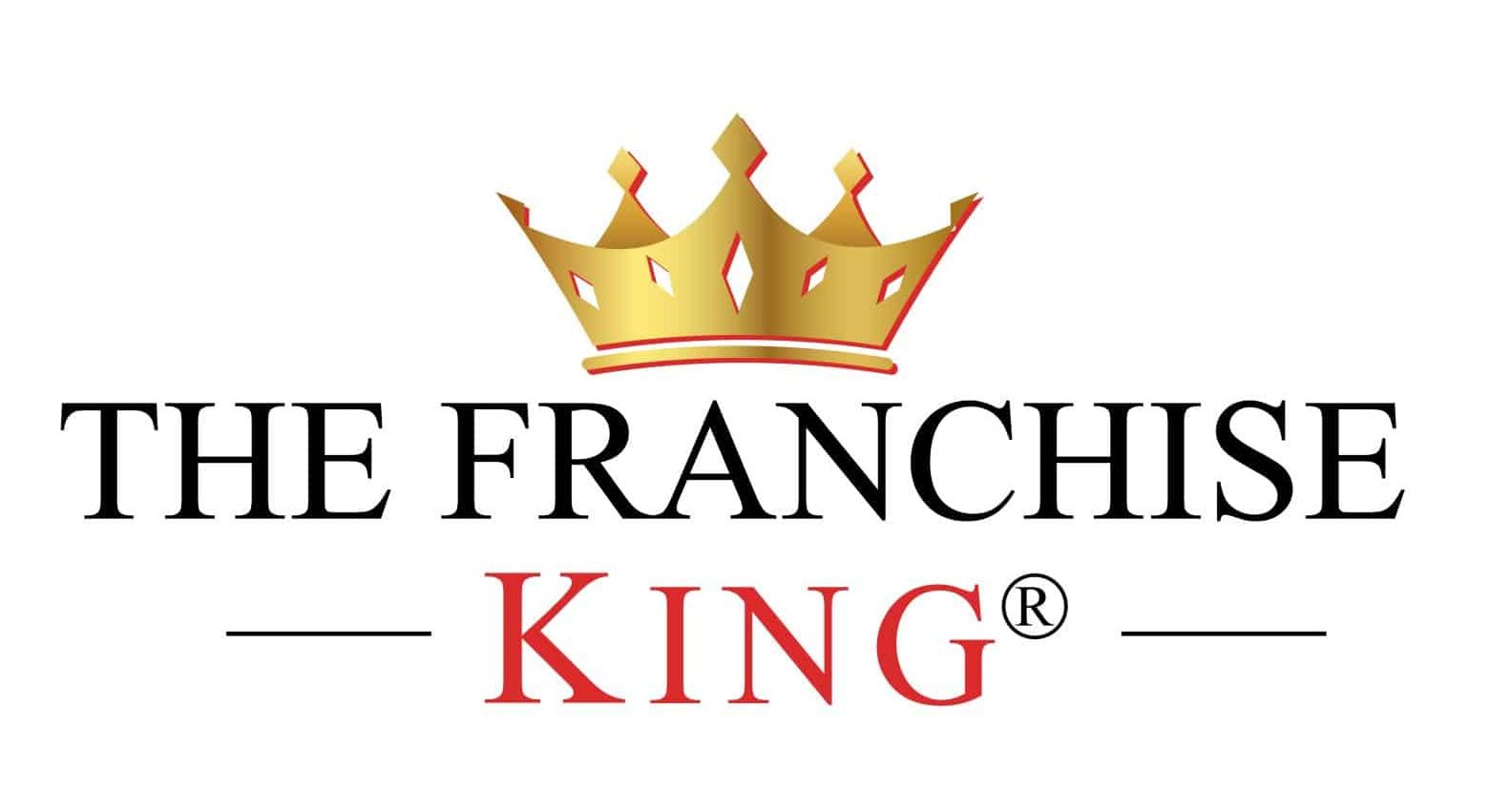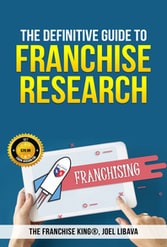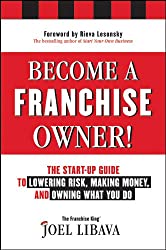
The enhanced ACA subsidies have kept healthcare costs pretty affordable for thousands of franchisees. However, they expire in 13 months. Here’s what aspiring and current franchise owners need to know right now.
Obamacare Tax Credits Expire in 2026: A Franchise Industry Pressure Point
The franchise industry is heading toward a significant financial pressure point that most prospective owners aren’t accounting for in their business plans: the December 2025 expiration of enhanced Affordable Care Act premium tax credits.
For the past four years, these expanded subsidies have quietly helped subsidize franchise ownership for tens of thousands of entrepreneurs.
When they disappear—and without congressional action, they will, franchise business economics could shift dramatically.
Key Takeaways on Healthcare Costs for Franchisees
The enhanced ACA subsidies expiring December 2025 represent a potential $10,000 to $20,000 annual expense increase for franchise owners using marketplace coverage.
So, if you’re modeling your franchise’s economics with subsidized premium rates, your projections may be off by a lot.
That’s why smart aspiring and current franchisees are running dual scenarios now.
In other words, if your franchise investment only works in the optimistic scenario, you’re building on shaky ground.
With that in mind, healthcare costs deserve the same analytical rigor as rent, labor, and franchise fees.
So, ask prospective franchisors about association health plans, PEO partnerships, and how existing franchisees handle coverage.
Franchisors with concrete answers have thought this through. The ones who haven’t? That may tell you something about their strategic planning.
Bottom line?
You need to factor worst-case healthcare costs into your investment decision now. Build reserves accordingly. Choose franchise systems that demonstrate awareness of this challenge.
Granted, the franchise model continues to remain strong for aspiring franchisees who plan realistically. And in this case, realistic planning in 2025 means accounting for significantly higher healthcare expenses starting in 2026.
ACA Credits: The Numbers Behind the Headlines That Will Affect Franchisees’ Healthcare Costs
Enhanced ACA credits, originally expanded in 2021 and extended through 2025, currently cap individual market premium contributions at 8.5% of household income, with sliding-scale subsidies for middle-income earners. Before this expansion, subsidy eligibility ended abruptly at 400% of the federal poverty level, creating a coverage cliff.
Translation for franchise owners: If you’re a married couple with two kids earning $120,000 annually from your franchise, you might currently pay $400 monthly for marketplace coverage with subsidies. Without them, that same plan may jump to $1,600 monthly in many states. What????
That’s a $14,400 annual expense increase hitting your P&L on January 1, 2026. You may want to plan accordingly. Especially if the current crop of Republican lawmakers continues to favor shitty healthcare for franchisees and other small business owners and their employees.
Why This Matters More for Franchisees Than Traditional Business Owners
Franchise owners face a unique vulnerability.
Unlike independent business owners who can structure their compensation flexibly, franchisees operate within franchise system parameters. Your royalty fees, marketing contributions, and operational costs are fixed. Your revenue model is largely predetermined.
In essence, healthcare costs represent one of the few truly variable personal expenses. And it’s about to become significantly less variable and much more expensive.
Consider the typical franchise investment profile:
You’ve invested $250,000 to $500,000 in your business. You’re drawing a moderate salary while reinvesting profits for growth. You’re precisely in that middle-income band where ACA subsidies have been most impactful. And where their loss will hurt most.
The Franchise Sector Impact: 3 Immediate Consequences
- Capital Allocation Shift Franchise development executives are already seeing this in their pipelines. Prospective franchisees who previously allocated $50,000 for working capital are now reserving an additional $15,000 to $20,000 annually for healthcare contingencies. That’s capital not going toward inventory, marketing, or expansion.
- Multi-Unit Economics Under Pressure Multi-unit operators face compounded exposure. A three-unit franchisee might employ 40 to 60 people across locations. While the 50-employee ACA mandate threshold creates compliance obligations, the bigger issue is competitive recruitment. If your healthcare costs as an owner double, you’re less likely to expand employee benefits—putting you at a disadvantage against competitors who can offer better packages.
- Territory Development Slowdown Franchise brands depend on aggressive territory development to build market density and brand presence. When the financial calculus for ownership becomes less attractive, territory expansion slows. This affects franchisor revenue, brand competitiveness, and ultimately, the entire franchise system’s value proposition.
Healthcare Costs for Franchisees: What Franchise Brands Are Doing About It
Forward-thinking franchisors aren’t waiting for Congress to act. Word is several franchise systems are exploring structural solutions to help their franchisees. Through:
Association Health Plans (AHPs): Some franchise associations are negotiating group health plans that leverage collective bargaining power. These plans can offer better rates than individual market coverage, though regulatory complexity varies by state.
PEO Partnerships: Professional Employer Organizations allow franchisees to essentially share employees with a larger entity, gaining access to enterprise-level benefit rates. The trade-off involves ceding some HR control and paying PEO fees, but the healthcare savings can justify the cost.
Adjusted Financial Performance Representations: Expect updated Franchise Disclosure Documents throughout 2025 as franchisors recalibrate Item 19 financial performance representations to reflect higher healthcare costs. Smart franchisors are getting ahead of this to maintain transparency with prospective franchisees.
Your Action Plan: What Aspiring and Current Franchisees Should Do Now About Healthcare Costs
Immediate Steps
Run dual financial projections. Model your franchise investment under current healthcare costs and under worst-case scenarios where premiums double. If your business model only works with continued subsidies, you’re building on uncertain ground.
New Franchise Opportunity Due Diligence Questions You Need to Ask
Ask franchisors directly:
- What healthcare solutions does your franchise system provide?
- Are there association health plans available?
- Do existing franchisees use PEOs?
- What percentage of your franchisee base currently relies on ACA marketplace subsidies?
And while these aren’t comfortable questions, but they’re essential. Why?
Because a franchisor that hasn’t thought through healthcare cost implications for their franchisee base isn’t doing the strategic planning that need to be these days.
Long-Term Positioning
Factor healthcare as a first-tier operating expense, not an afterthought.
In your business plan, allocate the same analytical rigor to healthcare that you give to rent, labor, and inventory.
Because starting in 2026, it may rival those expenses in impact.
The Political Reality For Franchisees and Franchisors Today
Will Congress extend the enhanced subsidies? Possibly.
There’s semi-bipartisan recognition that middle-income Americans would face significant premium increases without them. But there’s no guarantee, and franchise owners can’t build business plans around legislative speculation.
Even if extended, it will likely be temporary—another year or two—keeping this uncertainty in play for future planning cycles.
Bottom Line for Future and Current Franchise Ownership Decisions
Healthcare costs represent one of the most significant non-discretionary expenses in franchise ownership, yet they receive minimal attention during the franchise selection process. The potential 2026 subsidy expiration transforms this from background concern to immediate strategic consideration.
If you’re evaluating franchise opportunities right now, you have a 13-month window to structure your investment with clear eyes about healthcare realities.
So, factor the higher costs now. Build your working capital reserves accordingly. Choose franchise systems that demonstrate awareness of this challenge and offer structural support.
In Summary
The franchise ownership dream remains viable and valuable for thousands of entrepreneurs.
But that dream needs to be built on realistic financial foundations, and in 2025, those foundations must account for significantly higher franchisee healthcare costs ahead.
In view of that, your franchise investment deserves better than wishful thinking about subsidy extensions. Plan for the worst-case scenario, and anything better becomes upside.
That’s not pessimism. That’s sound franchise business strategy.
About the Author
The Franchise King®, Joel Libava, is a leading franchise expert, author of "Become a Franchise Owner!" and "The Definitive Guide to Franchise Research." Featured in outlets like The New York Times, CNBC, and Franchise Direct, Joel’s no-nonsense approach as a trusted Franchise Ownership Advisor helps aspiring franchisees make smart, informed decisions in their journey to franchise ownership. He owns and operates this franchise blog.
Note: When you buy through links on this website, we may earn an affiliate commission.









